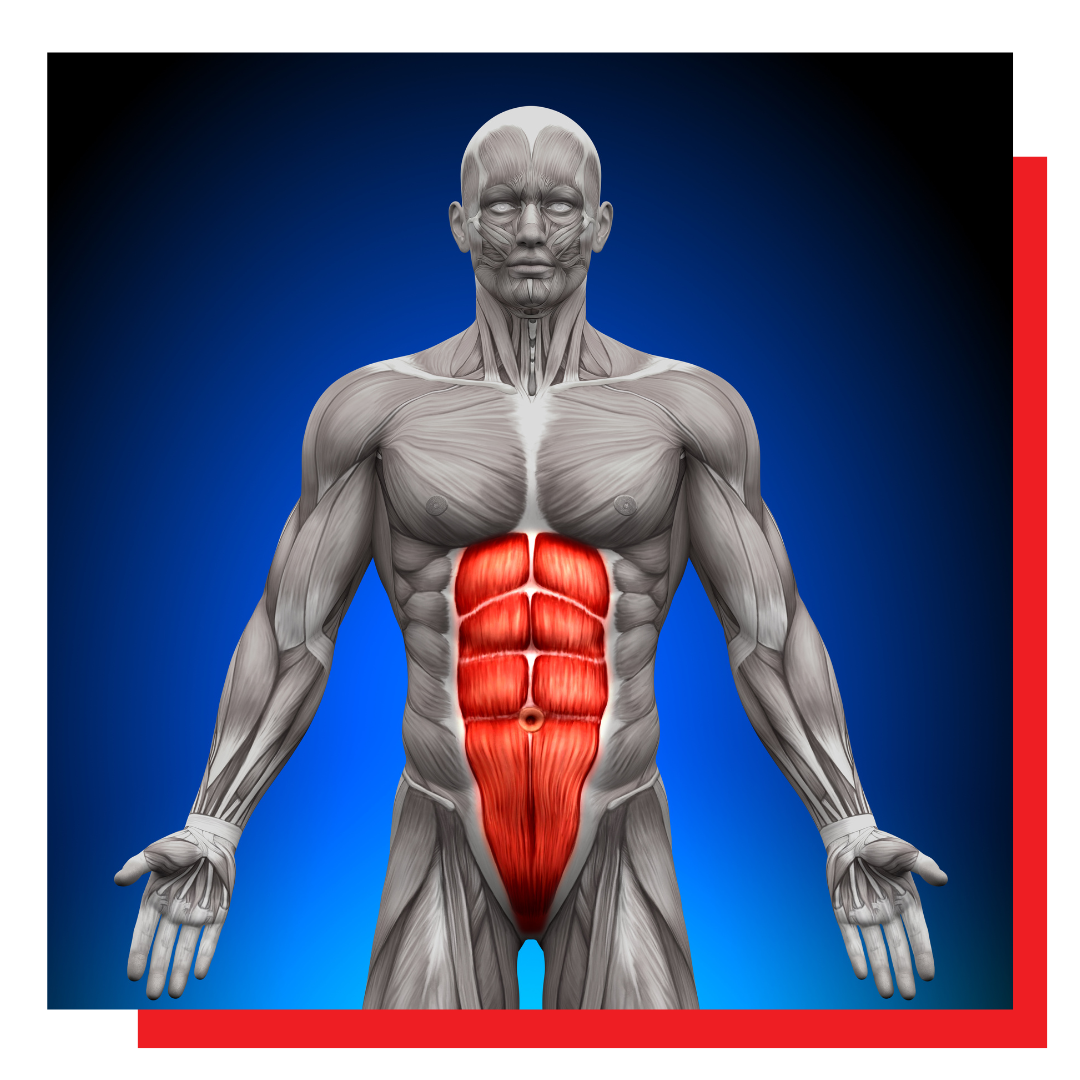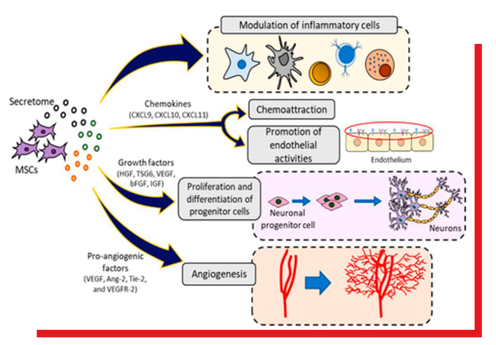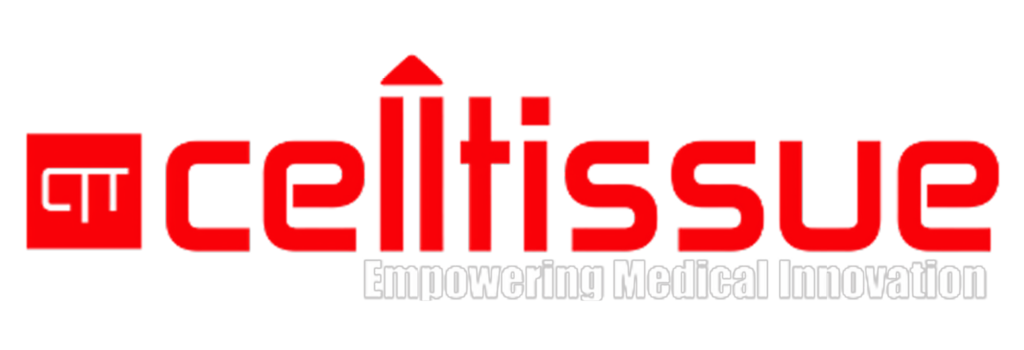- Potentially Treatable Condition
- Muscles / Tendons / Ligaments / Cartilages
- Muscle Weakness
- HOME
- ABOUT
- RESEARCH
- INSIGHTS & HAPPENINGS
- JOIN US
- CONTACT US
-


Muscle weakness happens when your full effort doesn’t produce a normal muscle contraction or movement.
It’s sometimes called:
Short-term muscle weakness affects nearly everyone at some point in their lives, whether they are ill or simply need to rest. A strenuous workout, for example, will exhaust your muscles until you give them time to recover with rest. If you experience persistent muscle weakness, or muscle weakness with no obvious cause or normal explanation, it could be a sign of an underlying health problem. Voluntary muscle contractions are usually caused when your brain sends a signal to a muscle via your spinal cord and nerves. Muscles may not contract normally if your brain, nervous system, muscles, or the connections between them are injured or affected by disease. This can result in muscle weakness.
This guide will focus on true weakness, which is defined as decreased muscle power. Symptoms of muscle weakness include difficulty rising from a chair, brushing your hair, lifting an object from a high shelf, or dropping items. Depending on which muscles are weak, it may cause eyelid drooping or difficulty smiling.
It is important to note that people suffering from other symptoms such as fatigue, sleepiness, or depression frequently report feeling weak, and it can be difficult to distinguish some of these from actual muscle weakness. If you are not sure if this guide is for you, it is suggested to read through it and see if the symptoms discussed apply to you. Additionally, it is worth noting that some people may feel weak due to pain. Weakness and pain can coexist, but this guide is not concerned with the causes of diffuse pain.
Muscle weakness is most often caused by a lack of exercise, ageing, a muscle injury, or pregnancy. Long-term conditions such as diabetes or heart disease can also cause it. Other potential causes include stroke, multiple sclerosis, depression, fibromyalgia, and chronic fatigue syndrome (ME).
Lack of Exercise
Lack of muscle fitness (deconditioning) is one of the most common causes of muscle weakness. It may occur because of an inactive (sedentary) lifestyle. If muscles are not used, then the fibers within the muscles are partially replaced with fat.
Ageing
As we age, our muscles tend to lose strength and bulk and they become weaker. Whilst most people accept this as the natural consequence of age – particularly great age – it is frustrating to be unable to do the things you could manage when younger.
Infections
Infections and illnesses are amongst the most common causes of temporary muscle fatigue. This is usually through muscle inflammation. Even though recovery is usual, if inflammation is severe (such as a bad bout of influenza), the weakness can last quite a while.
Pregnancy
During and just after pregnancy, high levels of steroids in the blood, together with a tendency to be relatively lacking in iron (anemia), can cause a feeling of muscle tiredness. This is normal in pregnancy and whilst some exercise is still sensible, when pregnant you need to be particularly careful when exercising.
Your healthcare provider will recommend appropriate treatment once they have determined the cause of your muscle weakness. The severity of your symptoms, as well as the underlying cause of your muscle weakness, will determine your treatment plan.
Here are some of the treatment options for conditions that cause muscle weakness:
Physical therapists can suggest exercises to improve your quality of life if you have conditions such as MS or ALS.
Occupational therapy can be especially helpful during the stroke rehabilitation process. Therapists can recommend exercises to address weakness in one side of your body and help with motor skills.
Over-the-counter (OTC) pain relievers, such as ibuprofen or acetaminophen, Thyroid hormone replacement is used to
treat hypothyroidism. Standard treatment usually involves taking levothyroxine (Levoxyl, Synthroid), which is a synthetic thyroid hormone.
Changing your diet can help remedy electrolyte imbalances. Your healthcare provider may also suggest taking supplements, such as calcium, magnesium oxide, or potassium oxide depending on your needs.
Surgery may be used to treat certain conditions, such as a herniated disc or hyperthyroidism.
Scitron is a Mesenchymal Stem Cells (MSCs), derived from human umbilical cords. Upon treatment, the cultured cells are injected intramuscularly or intravenously into the patient. The cells are characterized by low immunogenicity, making them very safe, tolerable, and free of side effects.
CelltiMax is a product derived from human umbilical cord-derived Mesenchymal Stem Cells (MSCs). The cells are cultured, then administered to the patient via intramuscular or intravenous injection. They have the ability to differentiate into specialized cells with specific functions for various parts of the body, and can reduce inflammation, repair, renew, regenerate, and replace damaged cells.

MSCs (mesenchymal stem cells) have already demonstrated therapeutic potential in animal models and human clinical trials for the treatment of a variety of degenerative disorders, including those related to muscle. MSCs can modulate and repair the abnormal condition of the myocytes (muscle cells).
There are several explanations for the role of MSCs in the treatment of muscle weakness. In vitro, MSCs can differentiate into specifically interested cells. When introduced into the body, they stimulate tissue repair by protecting it from programmed cell death and/or modulating inflammation (the underlying pathological process in many disorders), as well as forming new blood vessels via secretory molecules. MSCs are known to produce and secrete growth factors, cytokines, mRNA, and other biologically active molecules that provide functional benefits.
Cross the endothelial brain barrier
Enhanced immunity
Migrate to sites of injury
Improved metabolism
Communicate with and alter nearby cells
Reduced repetition
Encourage existing cells to self-repair
Increased communication ability
Immune modulation
Improved memory and learning capacity
Transform into neurons
Improvements in verbal skills, writing skills, self-care skills, attention span, and concentration
Promote the formation of nerve cell axons
Tolerance of different foods
If you feel we might be able to offer meaningful improvement to both your condition and your quality of life, then please reach out to schedule a free consultation with one of our in-house clinical experts. We offer consultations in both Malay and English.





Review your medical history & recent evaluations
Explore what your treatment package might look like
Answer any questions you have about us
Answer any questions you have about the therapies
Discuss practical next steps,
if you feel we can effectively treat you

Founded in 2010, Cell Tissue Group is a pioneering Malaysian medical technology company and a spin-off from the National University of Malaysia (UKM). As Malaysia’s first Tissue Engineering firm, Cell Tissue Group operates within a certified GMP Lab, ensuring the highest standards of medical research and product development, particularly in Tissue Engineering and Regenerative Medicine.



Founded in 2010, Cell Tissue Group is a pioneering Malaysian medical technology company and a spin-off from the National University of Malaysia (UKM). As Malaysia’s first Tissue Engineering firm, Cell Tissue Group operates within a certified cGMP laboratory, ensuring the highest standards of medical research and product development, particularly in Tissue Engineering and Regenerative Medicine.


Proudly powered by CTG © 2010-2026 Cell Tissue Group, a Universiti Kebangsaan Malaysia Spin-Off Company. – All Rights Reserved.